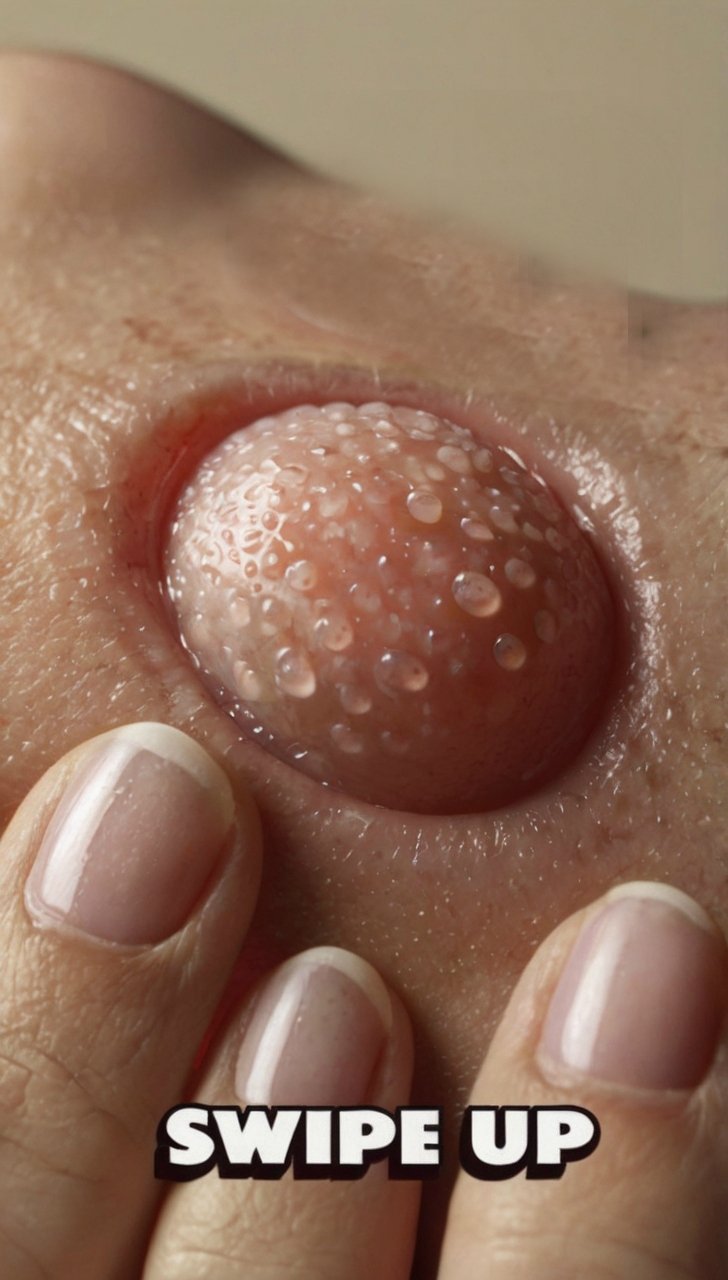No one enjoys acne, especially when it extends beyond the face to the back and chest. Body acne can be a frustrating and embarrassing issue, but fortunately, there are ways to get it under control. We spoke with Dr. Trevor Thompson, a dermatologist at Banner Health Center, to better understand what causes body acne and how to treat it.

What Causes Body Acne?
Body acne develops much like facial acne, but some factors specifically contribute to breakouts on your back and chest. Genetics, hormones, diet, and even certain medications can play a role. For example, the use of testosterone or anabolic steroids can trigger acne in some individuals. It’s also worth noting that what may appear as acne could be a different condition, such as folliculitis, which is an infection around hair follicles.

7 Tips to Treat Body Acne:
- Use an Acne Cleanser Start with a cleanser that contains benzoyl peroxide. Dr. Thompson recommends milder formulations (less than 5%) for the body, as they can help remove excess oils and fight acne-causing bacteria without causing irritation.
- Try a Topical Retinoid

Retinoids like Differin (adapalene) help regulate skin cell turnover, preventing clogged pores and reducing inflammation. Both over-the-counter and prescription options are available and can be applied to areas affected by body acne. - Remember Sun Protection While moderate sun exposure might help, too much UV light can worsen acne and cause dark spots. Use non-comedogenic, oil-free sunscreens and wear protective clothing to minimize sun damage.
- Develop Good Workout Habits
Sweat and tight clothing can aggravate acne. Make sure to shower immediately after exercising and change out of sweaty clothes to prevent breakouts.
- Resist Popping or Scrubbing Avoid the temptation to pick or pop pimples, which can lead to scarring. Also, stay away from rough body scrubs, as they can worsen inflammation.
- Modify Your Diet A low-glycemic diet (rich in fresh produce and whole grains) can help reduce acne. Avoid sugary foods and dairy products that can spike insulin levels, which may trigger breakouts.

- Other Prescription Treatments For more severe acne, doctors might prescribe topical or oral antibiotics. In some cases, stronger medications like isotretinoin (Accutane) may be recommended to control severe body acne.
Takeaway:
Treating body acne requires patience, and sometimes a bit of trial and error. If over-the-counter treatments aren’t enough, a dermatologist can develop a personalized plan to help clear up your skin. With the right combination of care and treatment, you can manage body acne and feel more confident in your skin.

If you need further guidance, consult a dermatologist or visit Banner Health to find a physician near you.



